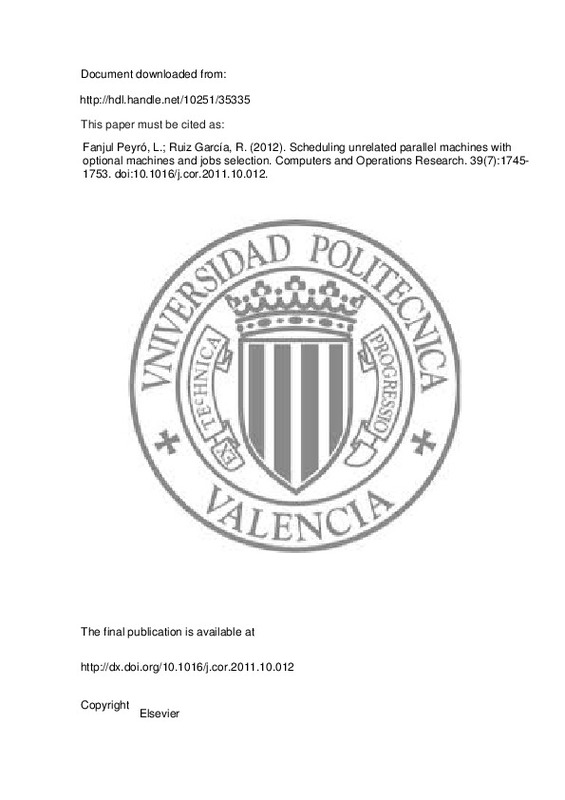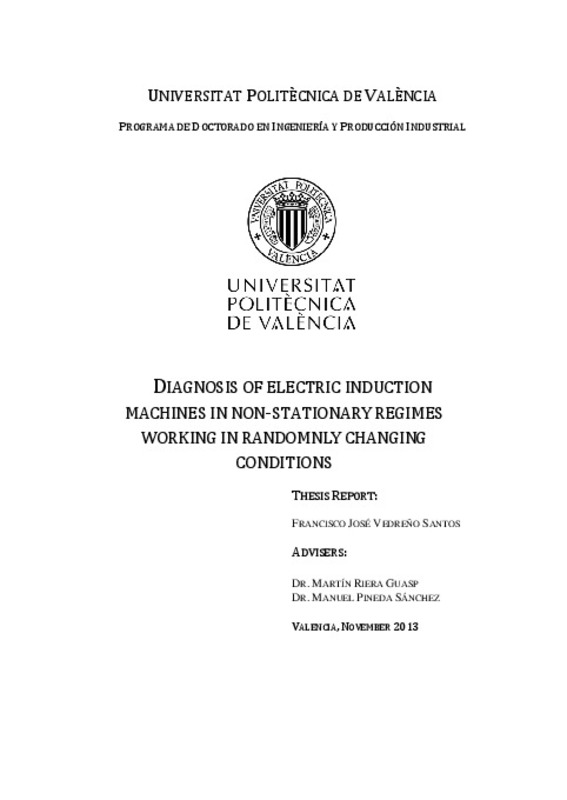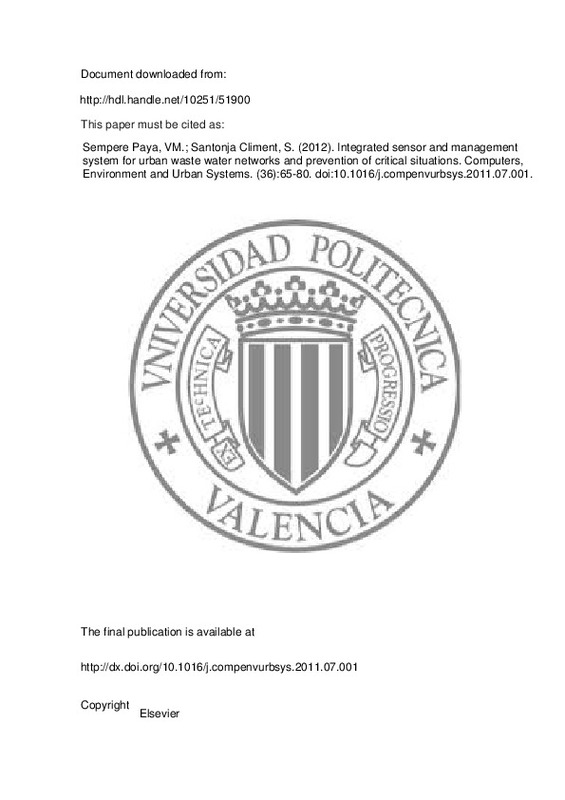JavaScript is disabled for your browser. Some features of this site may not work without it.
Buscar en RiuNet
Listar
Mi cuenta
Estadísticas
Ayuda RiuNet
Admin. UPV
Scheduling unrelated parallel machines with optional machines and jobs selection
Mostrar el registro completo del ítem
Fanjul Peyró, L.; Ruiz García, R. (2012). Scheduling unrelated parallel machines with optional machines and jobs selection. Computers and Operations Research. 39(7):1745-1753. https://doi.org/10.1016/j.cor.2011.10.012
Por favor, use este identificador para citar o enlazar este ítem: http://hdl.handle.net/10251/35335
Ficheros en el ítem
Metadatos del ítem
| Título: | Scheduling unrelated parallel machines with optional machines and jobs selection | |
| Autor: | Fanjul Peyró, Luis | |
| Entidad UPV: |
|
|
| Fecha difusión: |
|
|
| Resumen: |
[EN] In this paper we study two generalizations of the well known unrelated parallel machines scheduling problem under makespan (Cmax) minimization. First, a situation in which not every available parallel machine should ...[+]
|
|
| Palabras clave: |
|
|
| Derechos de uso: | Reserva de todos los derechos | |
| Fuente: |
|
|
| DOI: |
|
|
| Editorial: |
|
|
| Versión del editor: | http://dx.doi.org/10.1016/j.cor.2011.10.012 | |
| Código del Proyecto: |
|
|
| Agradecimientos: |
The authors would like to thank the anonymous referees for their careful and detailed comments which have helped to improve this manuscript considerably. This work is partially funded by the Spanish Ministry of Science and ...[+]
|
|
| Tipo: |
|







![[Cerrado]](/themes/UPV/images/candado.png)




